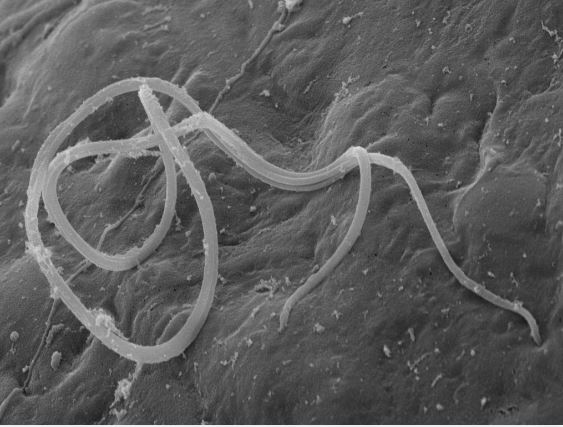The authors contend that climate change is already having an impact on species populations, including climate-related extinctions in recent years. The authors suggest that sperm function is an especially sensitive trait. Sperm function is essential for reproduction and population viability, and so they sound a warning that biodiversity is already collapsing.
But is it? No, not so far. While biodiversity may be lower in some pockets, that is because of agriculture and sprawl, there certainly have been no extinctions that have resulted from temperatures warming a fraction of a degree that were not simply species just found that were already about to go extinct. Since 99.99999% of species on earth have gone extinct without ever even being discovered, their premise reads like an attempt to garner media attention. Plus, the greatest heat waves of the last century were almost 100 years ago, yet CO2, the primary driver of climate change estimates, was much lower.
And their study doesn't show it is likely under climate change scenarios outside science fiction. They exposed Tribolium castaneum, the red flour beetle, to heat waves at temperatures 5-7°C higher than optimal (30 °Cis their optimal) for the human equivalent of 200 straight days. Even when CO2 levels on earth were 8X what they are today the temperature was not 5 degrees higher than now. It certainly did not average a human-adjusted 88 degrees Fahrenheir year-round.

T. castaneum spermatazoa. Provided by University of East Anglia.
Climate change - males impacted most
The team found that such heat waves halved the amount of offspring males could produce, because males exposed to long-term searing heat mated half as frequently, while a second heatwave almost sterilized males - they suffered reduced sperm production by three-quarters. Sperm produced struggled to migrate into the female tract and were more likely to die before fertilization.
When males were exposed to two heatwave events 10 days apart, their offspring production was less than 1 percent of the control group. And many of them had shorter lives, including the epigenetic effect of their offspring living for shorter periods.
Females were unaffected.
Beetles are prominent in nature so they are an indicator species, and they don't have air conditioning so heat waves are going to be felt directly, but experiments would have to be replicated and at realistic conditions before corporate media should begin sounding a clarion about their future demise.
See their video explainer below.






Comments